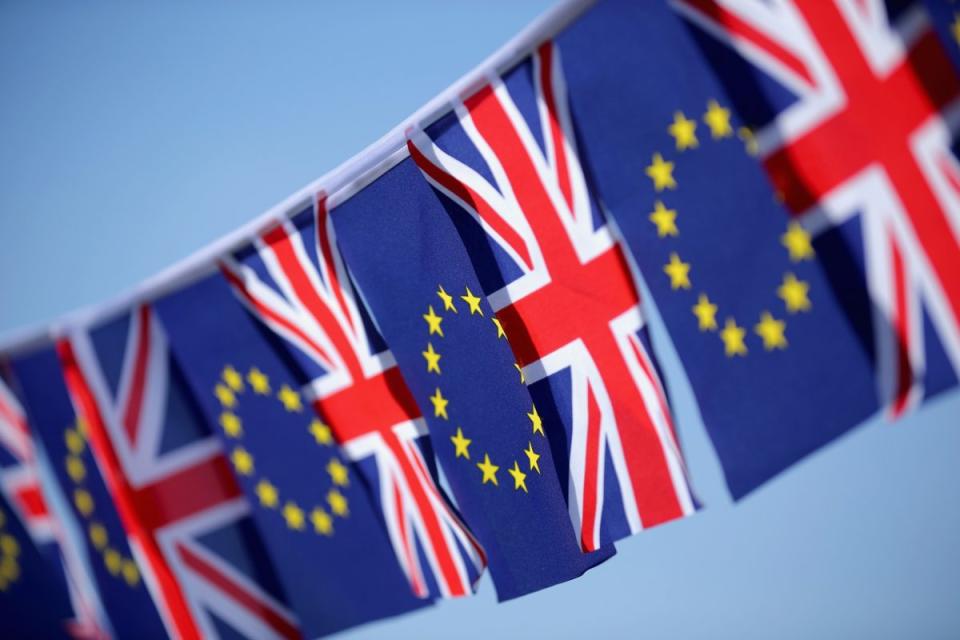Hard Brexit is dead, here's why

Instead of ‘strong and steady’ the UK’s snap election gave us ‘weak and wobbly’.
It does not sound good for business, uncertainty is always the last thing it wants.
But this time it is. Even though the pound has fallen slightly and Moody’s warns that the nation’s credit rating might be downgraded, things could have been worse.
Imagine for a moment, what a Tory landslide would have done. The Brexit bargain that Theresa May offered the British people was something like ‘as long as we reduce immigration we don’t care about anything else’.
Of course this was never spelled out quite so blatantly, but virtually every economist predicts substantial disadvantages for UK businesses if it is no longer part of the single market.
An interesting theory before the election was that May would no longer be obliged to acquiesce to some of the Tory party’s most Eurosceptic MPs if she had a big majority. In other words she would go for a softer version of Brexit.
MORE: EU negotiator demands Brexit clarity from Theresa May after botched election gamble
MORE: UK could stay in single market after all, Brexit secretary suggests
This always sounded a bit farfetched. If she won with a hard Brexit strategy, why change? In fact, Philip Hammond, the most business friendly figure in her Cabinet, was widely expected to be replaced by Damian Green precisely because of his lack of enthusiasm for a hard Brexit.
MORE: Small businesses urge for soft Brexit in wake of election result
But the hung parliament will force the government to adopt policies that appeal to members of other parties as well. In theory, a deal with the DUP could deliver this.
In practice, the Prime Minister will have to reach out further, as she will not be strong enough to ensure unanimous support within her own party. Leading pro-EU Tories such as former foreign office minister Alistair Burt and ex-education secretary Nicky Morgan have already called on the government to build cross party support. This can only mean one thing: Hard Brexit is dead.
This can only mean one thing: Hard Brexit is dead.
For UK businesses, this is great news. Last year 44 percent of the UK’s exports went to other EU countries, while 53 percent of its imports came from there.
In many industries supply chains are integrated across borders. Co-operation across parties will increase the likelihood that the UK seeks a deal that ensures continuous access to the common market.
One dares to hope that the Norwegian model is back in the game. This of course would mean free movement of people in some form or other. Politically, this is a difficult sell to Leavers, but not to businesses.
Immigration was one of the main drivers of growth after the financial crisis. Many businesses struggle to find the right people in the UK and therefore recruit from abroad. If this is no longer possible in the UK, firms will simply move.
Formal Brexit negotiations are supposed to start next Monday. Even if they don’t, the exit date is fixed. So the pressure is on and a weak government is unlikely to deliver a good deal.
A cross-party consensus can change this dramatically. If Theresa May puts country before party, the path is clear and the future looks much better for business than it did on June 7.
Christian Stadler is the Professor of Strategic Management at Warwick Business School. He is author Enduring Success: What We Can Learn From The History Of Outstanding Corporations.

 Yahoo Finance
Yahoo Finance 

